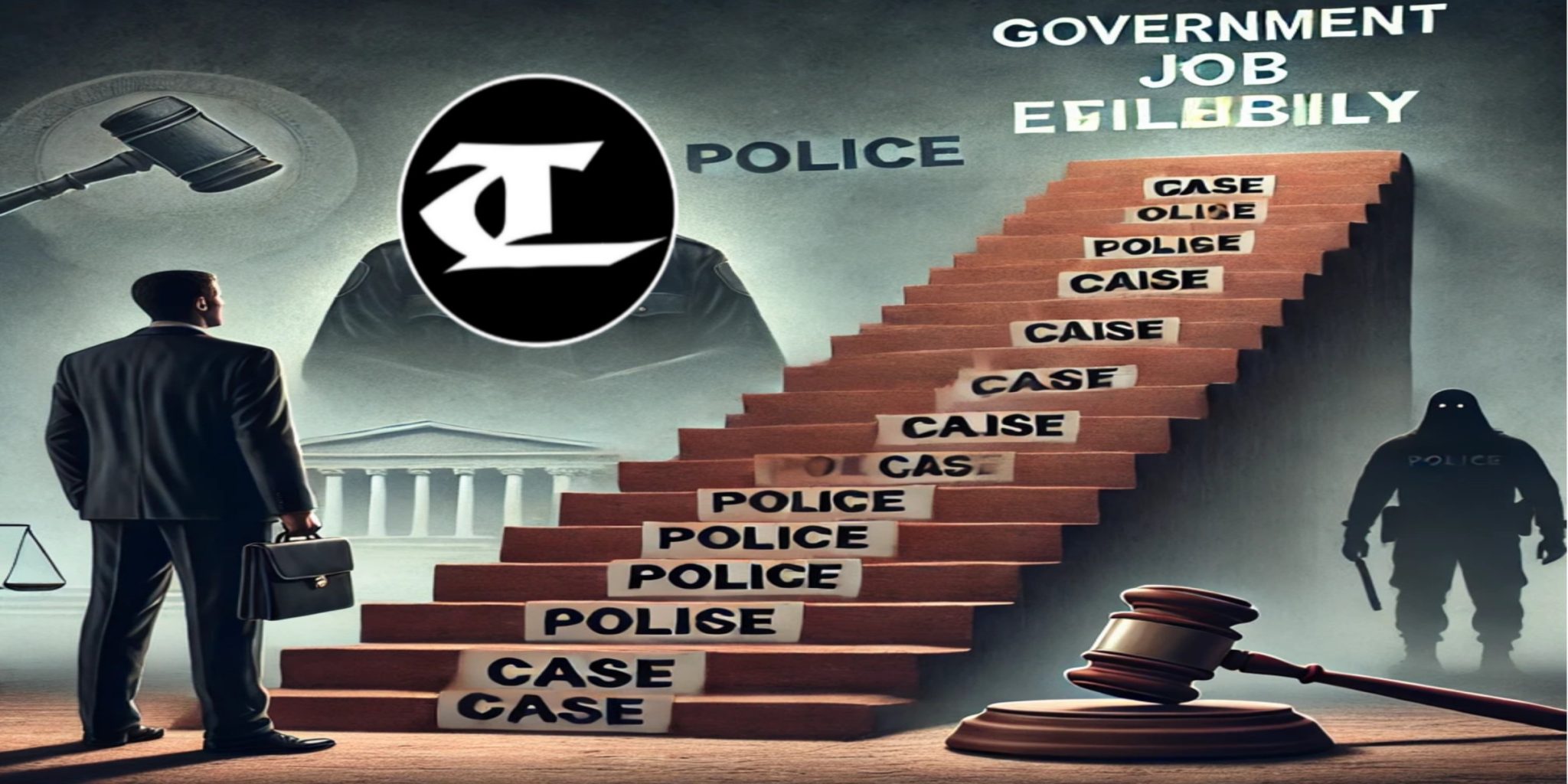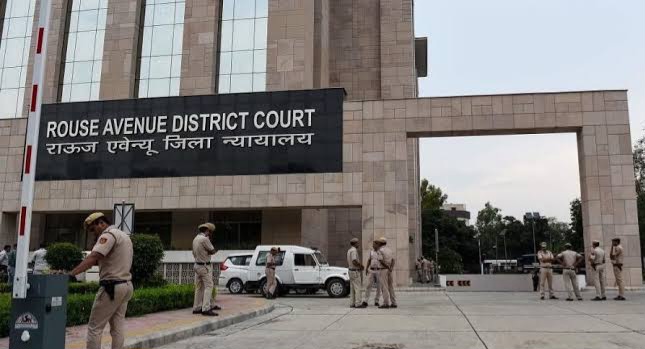In today’s digital era, “digital arrest” has emerged as a growing concern. This term refers to the restriction of online freedom through account suspensions, content bans, or digital monitoring by governments, social platforms, or organizations. While digital arrests may aim to ensure security or prevent misuse, they can also raise issues around privacy and freedom of expression.
This article explores the concept of digital arrest, its implications, and some potential solutions.
Digital arrest involves blocking or limiting a person’s online activity. This could range from social media account suspensions to network blocks. Such restrictions may be imposed due to perceived misuse, violation of platform policies, or, in some cases, political motivations.
There are several types of digital arrest. These include account suspension or bans imposed on individuals who violate platform guidelines, content blockage by authorities or platforms, geo-blocking of specific regions due to political or security concerns, and digital surveillance where individuals’ online activities are monitored.
Causes of digital arrest include violations of terms of service, politically motivated censorship, concerns related to national security, or even errors made by automated moderation algorithms. While some of these causes are legitimate, others may unjustly target individuals, especially activists, journalists, or dissenting voices.

The implications of digital arrest are significant. It can limit freedom of expression, restrict access to critical information, affect livelihoods, and create a chilling effect where individuals avoid expressing opinions online due to fear of being digitally silenced.
To address digital arrest, several solutions can be explored. Online platforms should provide transparent and accessible appeal processes for users to contest unjust actions. Improving moderation algorithms and incorporating human oversight can reduce wrongful digital arrests.
The development and adoption of decentralized platforms can offer greater freedom from centralized control. Users should be educated about their digital rights and the use of secure tools like VPNs and encrypted communication apps to safeguard their privacy.
Moreover, there is a need for active policy advocacy to ensure that digital regulations protect users’ rights rather than suppress them. Public awareness, legal frameworks, and support from civil society organizations play a critical role in challenging and reversing unjust digital restrictions.
Digital arrest is a complex issue that challenges the balance between regulation and rights in the online space. By adopting a multi-pronged approach that includes technology, policy, education, and advocacy, we can work toward an internet that is both safe and free for all users.




















